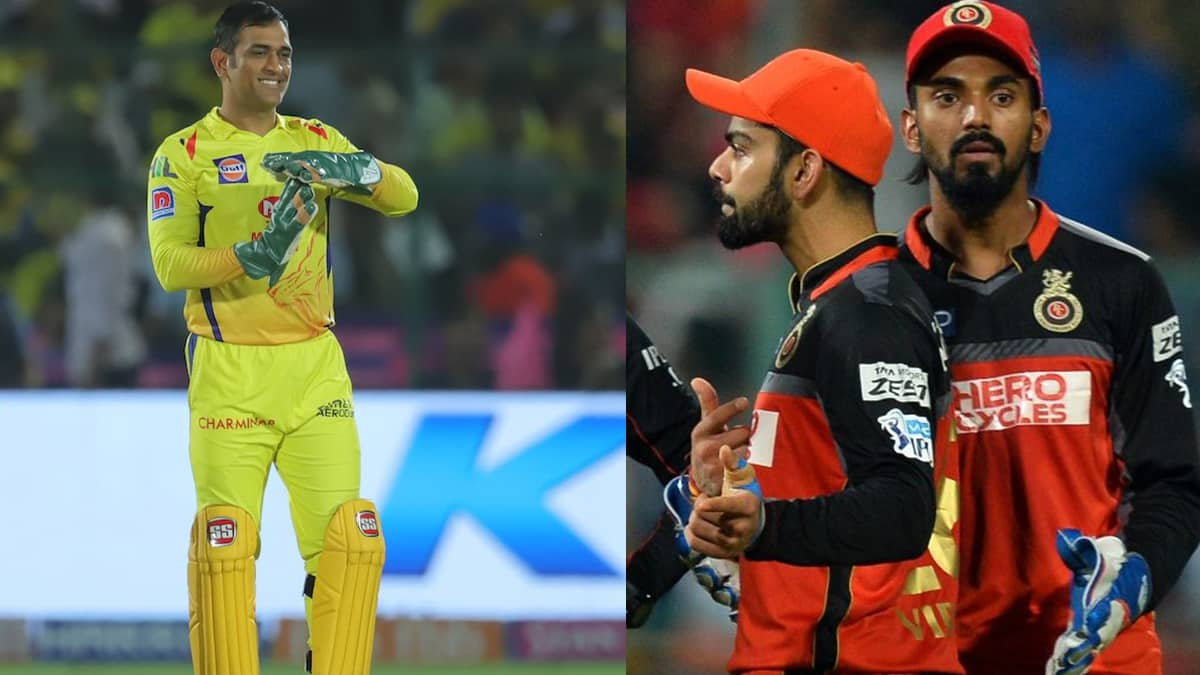The 2021 edition of the Indian Premier League (IPL) is all set to be held in India from April 9 to May 30. The tournament returns to India after being held in the UAE last year. Since the threat of COVID-19 remains, the entire IPL 2021 edition is likely to be played behind closed doors. Also, with the bio-bubble in place, the event will be held at a handful of venues across the country. As the franchises gear up for the latest edition of the IPL, we brief you about the rules of the tournament every fan should be aware of.
1. Super Over rule
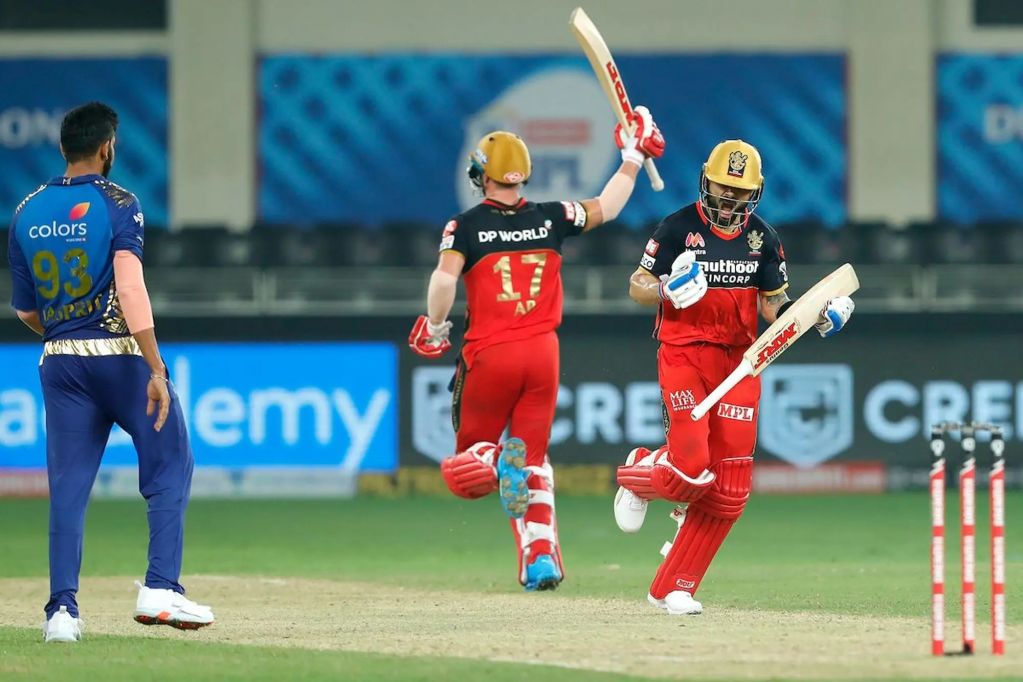
In case an IPL match between two teams is tied, both the sides involved play a Super Over. Each team selects three batsmen. Six balls are bowled in the first innings (unless two wickets fall) and the team batting second will have to score one more than what the first side scored. In case, the Super Over is tied, another Super Over is held to determine the winner. This can go on until a winner is decided. What needs to be noted here is that the batsmen and bowler who featured in the first Super Over cannot take part in the subsequent Super Over. A match between Punjab Kings and Mumbai Indians last season saw two Super Overs with Punjab emerging victorious in the end.
How many Super overs have there been in IPL?
There have been 14 Super Overs in the history of the IPL. Nine came in the editions between 2008 and 2019. Five Super Overs were played in 2020, with two in the match between Punjab and Mumbai.
2. Squad composition and overseas players limit
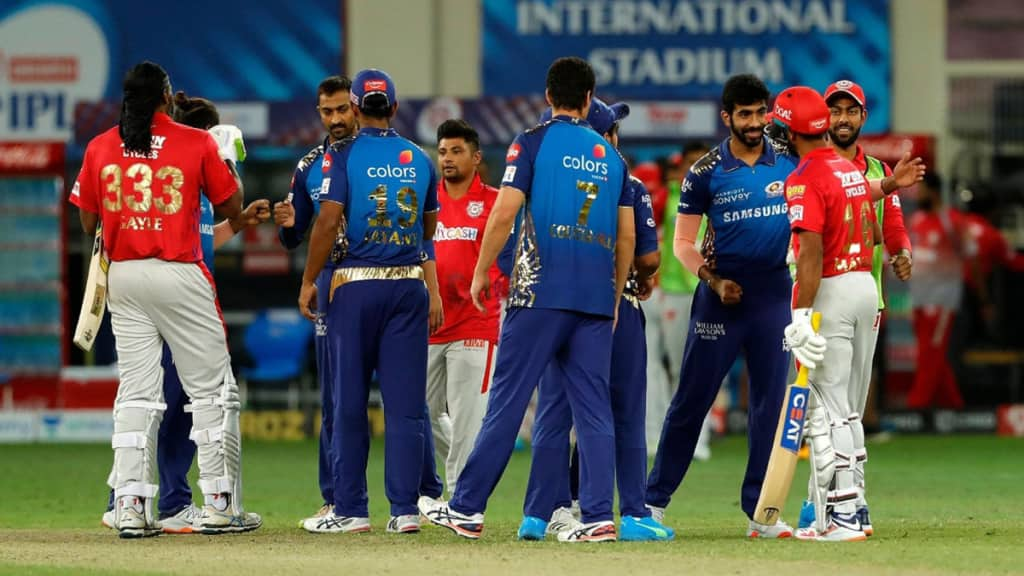
The squad strength of any IPL franchise must be between 18 and 25 players, with a maximum of 8 overseas players allowed. In addition, the Salary cap of the entire squad must not exceed ₹850 million (US$12 million). A playing XI of any IPL franchise can have a maximum of four overseas players. An overseas player can only take the field as a substitute fielder if the player that he is replacing is also an overseas player. If a team has named less than four overseas players in its starting XI, overseas players can enter the field as substitute fielders. However, the total number of overseas players in a team can never exceed four.
3. Strategic timeout
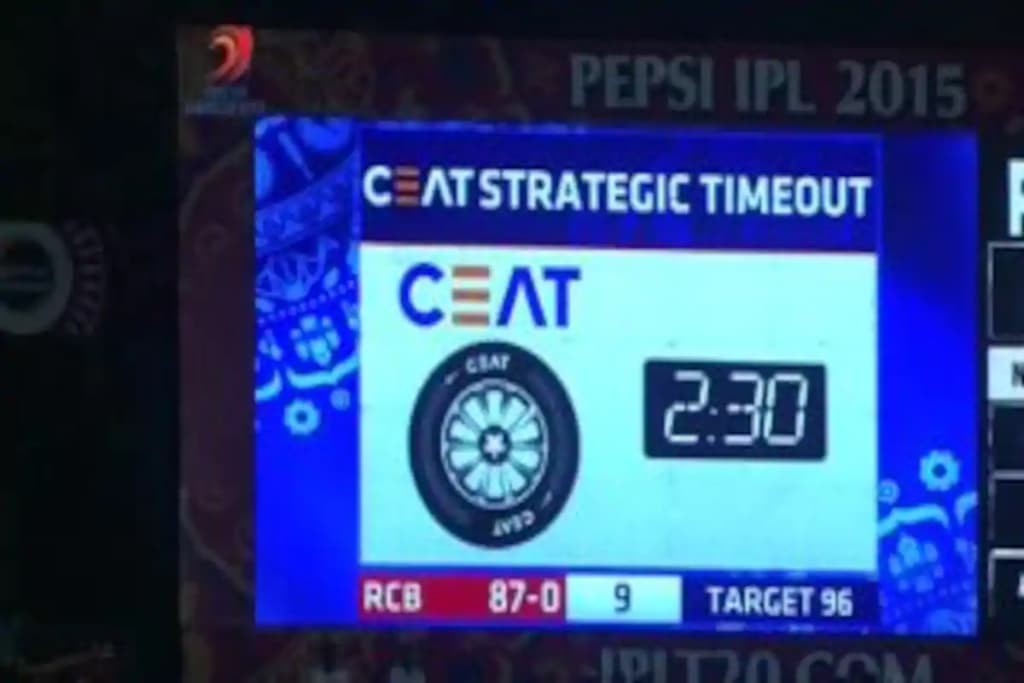
All IPL games have ‘strategic timeouts’ during which teams can evaluate their position in the game and make changes if deemed necessary. The ‘strategic timeouts’ have helped teams make a strong comeback in matches over the years.
How many strategic timeouts do IPL teams get?
Both teams get one strategic timeout in each innings. The bowling team must utilize their strategic timeout between overs six and nine. The batting team, on the other hand, can take it between overs 13 and 16.
What is the time period of strategic timeout in IPL?
Each IPL strategic timeout is of 2.5 minutes each.
4. Powerplay rules in the IPL
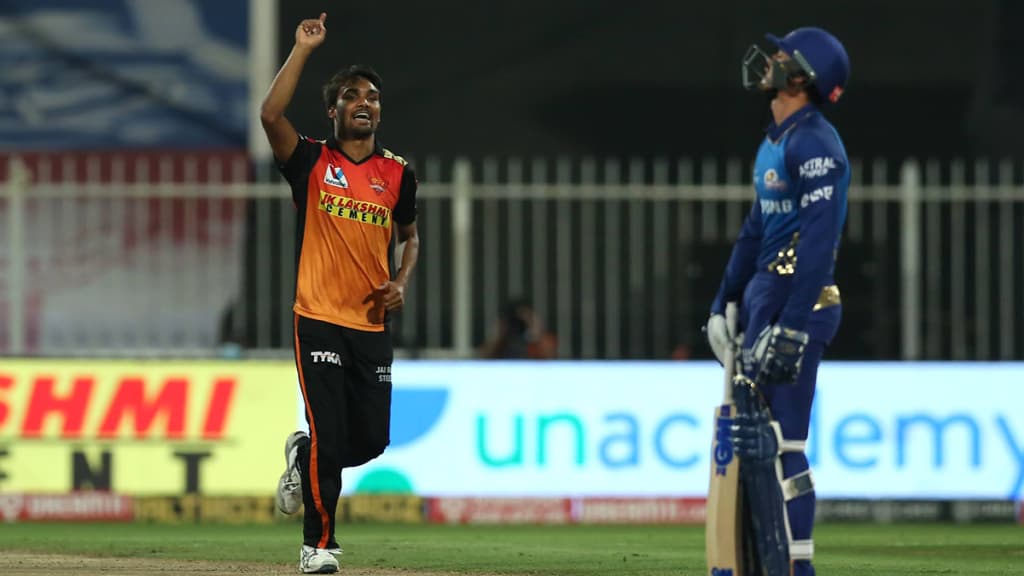
Like in other T20 cricket, powerplay rules exist in the IPL as well. The first six overs of each innings are the powerplay overs. During this period, only two fielders will be allowed outside the 30-yard circle. In the non-Powerplay overs, a maximum of five players are outside the fielding restriction area. When the number of overs of a batting team is reduced (due to weather or other reasons), the number of Powerplay overs also get reduced accordingly.
Which bowler has taken a five-for in the powerplay?
Ishant Sharma took a five-for for Deccan Chargers against Kochi Tuskers Kerala in 2011. His figures were 5 for 12 in three overs after the first six overs of the innings.
5. Umpire Decision Review System
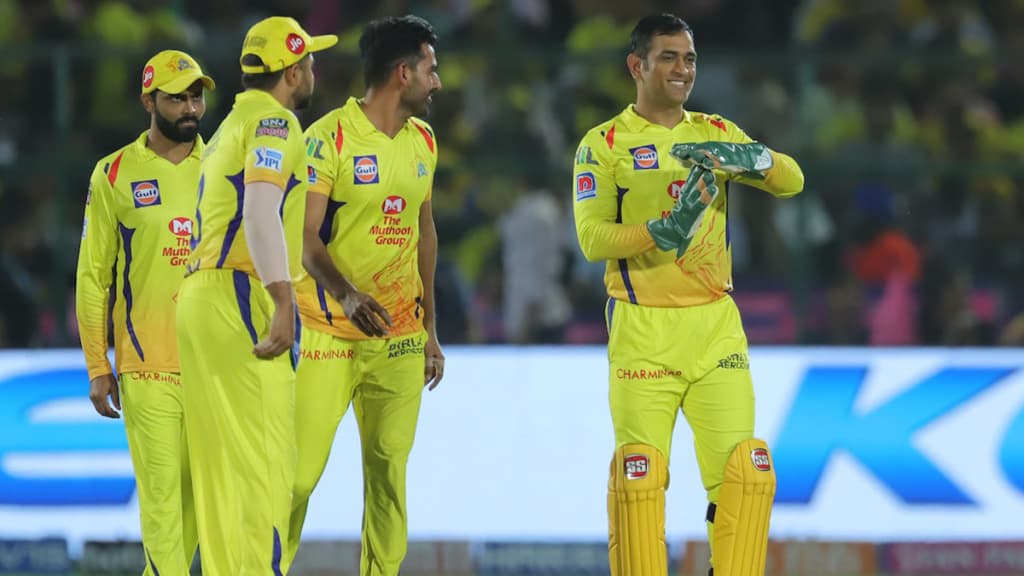
Following some controversial decisions in the previous years, the IPL organisers decided to introduce the Decision Review System (DRS) in the tournament, starting 2018. Thanks to the DRS, either the batting side or the bowling side can challenge an on-field umpire’s decision if they feel they have been hard done by. The third umpire has access to both ball-tracking and Ultra Edge to make his decision.
How many DRS is allowed in IPL?
Each team is allowed one review per innings – one while batting and one while fielding. On a review being successful, a team is allowed to retain their review. Reviewing unsuccessfully means the team has lost the review.
3 rule changes announced ahead of the IPL 2021 season
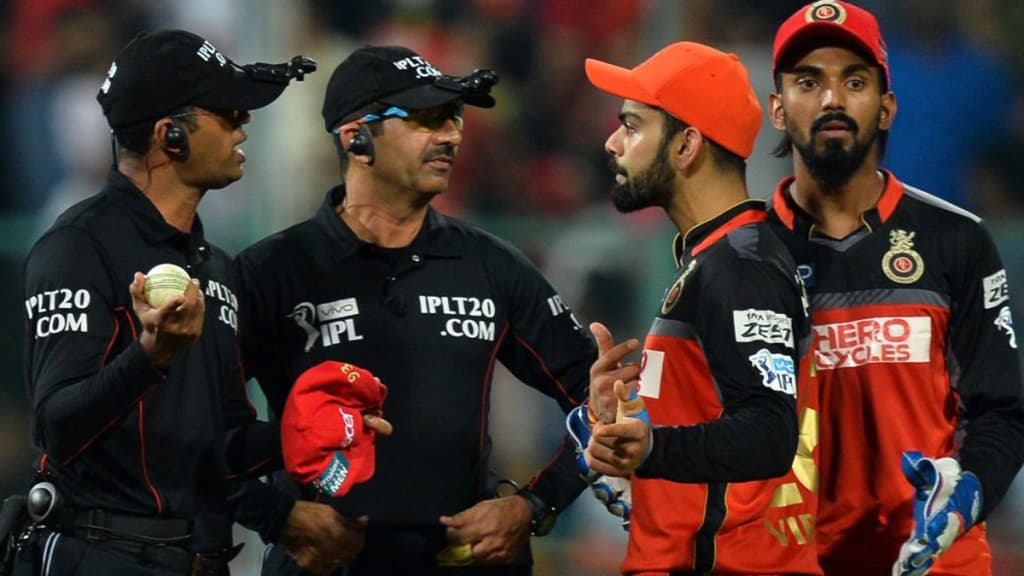
Ahead of IPL 2021, BCCI has removed the soft signal rule. A soft signal is given by the umpire (out or not out) when a decision is referred to the TV umpire. According to reports, the third umpire can now make a decision without taking the soft signal into consideration. The rule created a massive controversy during the India-England series.
Also, the fielding teams have been instructed to finish their 20 overs in 90 minutes. Earlier, the 20th over was to start on or before the 90th minute.
The third modification is related to the short-run rule. The third umpire can now check the on-field umpire’s call on short runs and, if needed, overturn the original decision.

